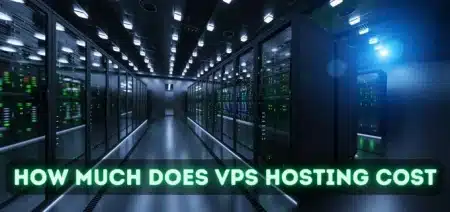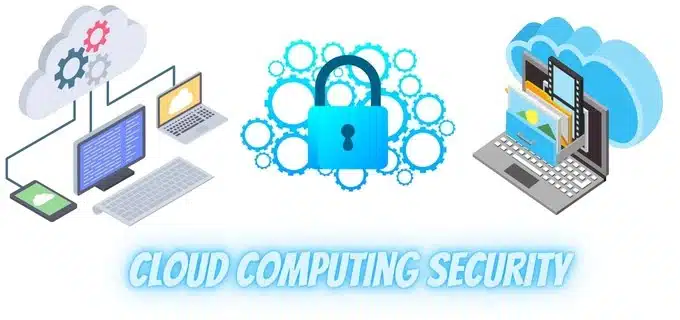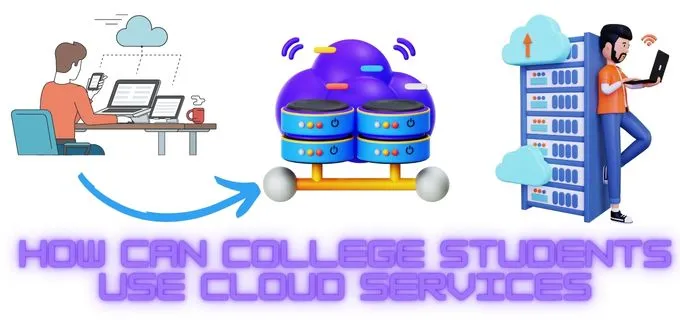
There are various types of cloud depending on the needs of each company, i.e. public cloud, private cloud, hybrid cloud. But discussing its types it is good to learn little about cloud computing concept.
About Cloud Computing:
Have you ever used Gmail, Hotmail or Yahoo e-mail? You used to put photos Flickr, Picasa … Web Albums? Or use Facebook to interact with friends it? If the answer is “Yes”, then you are already using cloud technology. A simple example of cloud computing is the system of electronic documents and applications Google Docs / Google Apps. For using cloud computing no software to install or have a server, just an Internet connection in order to use any of its services.
The server and management software are in the cloud (Internet) and are directly managed by the service provider. Thus, it is much easier for the consumer to enjoy the benefits. In other words, the technology becomes an information service, which is consumed in the same way that consumes electricity or water.
Cloud Computing Services types:
Cloud computing is based on three fundamental pillars inherently dependent for proper operation: software, platform, and infrastructure. Each of these pillars serves a different purpose in the cloud to support the different product areas and types of cloud computing services provided to corporations, businesses and individuals worldwide.
In the software segment, cloud computing has proven useful as a business model. Running the software using centralized servers on the Internet instead of local servers, costs are greatly reduced. Moreover, by eliminating maintenance costs, licensing and hardware necessary to maintain these servers, companies are able to run applications more smoothly and efficiently from the IT perspective.
The cloud computing platform (“Platform as a Service (PaaS)”) allows users to access applications on centralized servers, sustained in the cloud infrastructure. In this way, allows the operation of applications Cloud, facilitating the implementation of the same without the cost and complexity of maintaining multiple layers of hardware and software as occurred till now.
The last segment of the cloud computing, infrastructure as a service (“Infrastructure as a Service (IaaS)“), largely represents the backbone of the entire concept. The infrastructure is what allows users to create and use the software and applications. Instead of keeping data centers or servers, customers buy resources as a completely external. The service providers charge as the basis set and the amount of resources consumed.
There are following types of cloud depending on the needs of each enterprise, the service model offered and implementation of it, but basically there are four groups of cloud computing:
Public Clouds
Public clouds refer to the standard model of cloud computing, where services are offered to the user on external servers, and can access the applications for free or paid.
Example of public cloud:
Zoho, Amazon S3, Google App, Dropbox and Azure by Windows.
Private Clouds
In private cloud platform is within the premises of the company and does not usually provide services to third parties. In general, a private cloud is a platform for obtaining hardware only, i.e. machines, storage and network infrastructure, but you can also have a private cloud that allows deploying applications (PaaS) and even applications (SaaS ).
Private clouds are a good choice for companies that need high data protection and service level issues.
Private cloud examples
include Infrastructure as a service (Iaas)&Software as a service (Saas)
Hybrid Clouds
Hybrid clouds combine local resources of a private cloud with public cloud. The private infrastructure is augmented with cloud computing services of public infrastructure. This allows a company to maintain control of its main applications and leverage cloud computing published only when necessary.
Community Cloud:
A community cloud is shared amongtwo or more organizations that have similar cloudrequirements like services, security etc.













